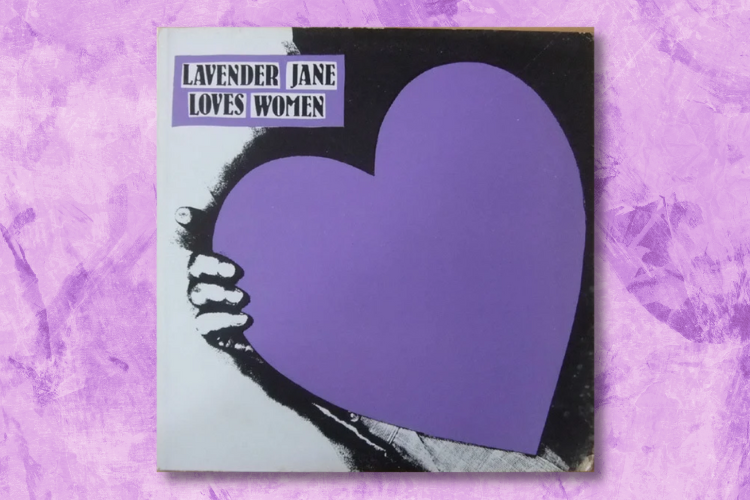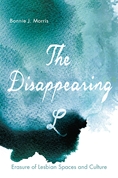
Feminist Soundwaves, Jewish Lesbian Voices
As a feminist scholar whose specialty is the women’s music movement of the 1970s, 80s and 90s, I’m starting to do more and more work with museums and archives, making certain that our aging radical foremothers aren’t forgotten. Devoted fans and audiences who lived through and participated in the women’s music revolution, and who flocked to concerts and festivals just to meet other bold Amazons in the years before any LGBT rights were enshrined, may find it hard to realize our era is now historical. But the women’s music movement has just passed the 45-year mark—a timeline which really began with the energy and inventiveness of Jewish lesbian artists, producers and songwriters. In one dramatic year, 1972-73, Maxine Feldman released the lesbian anthems “Amazon” and “Angry Atthis;” the Olivia Records collective formed; and Alix Dobkin released the world’s first full-length lesbian album, “Lavender Jane Loves Women.”
How should we mark this unique legacy? Early in 2017, I had the unique opportunity to present an exhibit and lecture at the Library of Congress, in Washington, D.C., showcasing feminist songsheets and rare albums. The exhibit, three glass cases in the Great North Hall of the original Jefferson Building, allowed visitors to see the arc of vocal activism from suffrage songs to the founding of Olivia Records to the era of vinyl albums, as well as excerpts from women’s music books and magazines that reported on concerts and festivals in the era of lesbian feminism. With the invaluable support and assistance of Library of Congress staff specialist Meg Metcalf, whom I met through D.C.’s Rainbow History project, we put together a display that thousands of visitors encountered from January 27 to April 2.
 My recent book The Disappearing L makes clear that this movement of woman-identified music began with Jewish leadership.
My recent book The Disappearing L makes clear that this movement of woman-identified music began with Jewish leadership.



